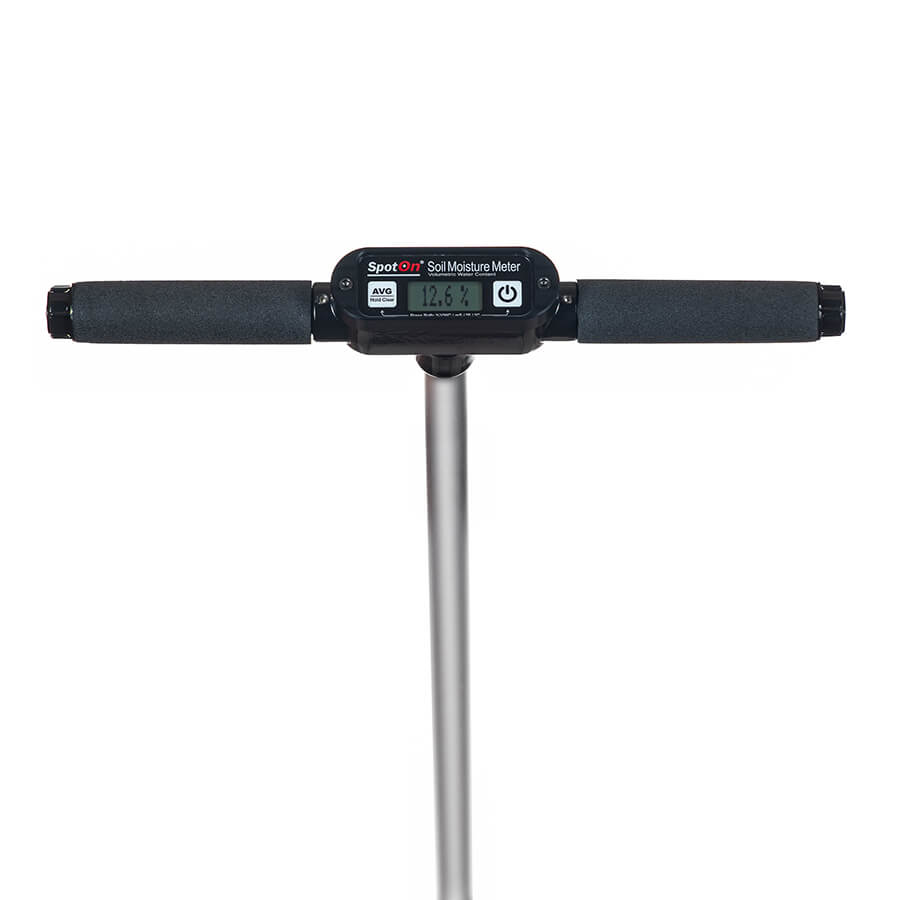The Scientific Research Behind Moisture Meters: Exactly How They Work and Why They're Vital
The Scientific Research Behind Moisture Meters: Exactly How They Work and Why They're Vital
Blog Article
The Ultimate Overview to Moisture Meters: A Comprehensive Introduction and Exactly How They Can Conserve You Money
In the realm of building upkeep, building and construction, and numerous markets, the significance of precisely measuring moisture degrees can not be overemphasized. Wetness meters act as important tools in spotting and keeping track of moisture content in products, helping in stopping expensive damages and making certain the quality of items. Comprehending the nuances of various sorts of wetness meters, their applications, and the potential cost-saving advantages they provide can be a game-changer for experts and companies alike. Discovering how these tools can not only streamline procedures but additionally add to economic savings is a trip worth embarking on.
Kinds Of Moisture Meters
Different kinds of wetness meters are readily available for different applications in numerous industries. One usual type is the pin-type wetness meter, which gauges the electrical resistance in between two pins placed right into a material. This type is ideal for wood, drywall, and various other building materials. Pinless dampness meters, on the other hand, use electro-magnetic sensing unit plates to scan a bigger location without causing damage to the product's surface area. These meters are suitable for quickly examining dampness levels in large areas such as walls and floors.
Moreover, there are additionally specialized moisture meters designed for particular products like dirt, grain, or hay. These meters offer precise wetness analyses customized to the one-of-a-kind homes of the product being checked. Infrared dampness meters gauge the thermal homes of a product to identify its dampness material non-invasively, making them beneficial for applications where pin or pinless meters may not be appropriate. Recognizing the various sorts of wetness meters offered can help sectors pick the most proper tool for their details dampness dimension demands.

Advantages of Utilizing Moisture Meters

Furthermore, using moisture meters can lead to increased power performance. In farming setups, wetness meters play a vital function in enhancing crop yields by enabling farmers to check dirt dampness degrees and make notified watering decisions.
Exactly How to Choose the Right Moisture Meter
Selecting the ideal dampness meter includes thinking about essential elements such as material compatibility, dimension array, and calibration precision. When picking a moisture meter, it's vital to ensure that the meter appropriates for the particular product you will certainly be screening. Various materials have differing electric homes that can affect dampness readings, so picking a meter created for your material is critical for precise outcomes. Furthermore, consider the dimension range of the wetness meter. Guarantee that the meter can identify wetness degrees within the variety needed for your applications. Calibration accuracy is an additional crucial variable to bear in mind (Moisture Meter). Go with a dampness meter with reputable calibration to make certain exact and regular readings. Some meters may call for periodic calibration changes, so understanding the calibration process is necessary. By thoroughly examining these factors, you can select a dampness meter that meets your needs and supplies exact moisture measurements for your jobs.
Correct Techniques for Moisture Meter Usage
To guarantee precise dampness readings and optimize the more info here efficiency of a moisture meter, using appropriate techniques is crucial. When utilizing a pin-type moisture meter, put the pins or probes into the product being evaluated until they make complete contact. By complying with these proper strategies, users can count on their wetness meter to give reliable moisture degrees, aiding in stopping costly damages or ensuring high quality in various applications.

Cost Savings Via Moisture Meter Applications
Exactly how can the tactical application of moisture meters bring about significant price savings throughout various markets? Dampness meters play an important duty in cost financial savings by preventing prospective damages and ensuring quality assurance in various industries. In the farming sector, moisture meters aid in establishing the optimal time for gathering plants, preventing over-drying or excess dampness that can impact the end product's top quality. This precise monitoring assists farmers stay clear of unneeded losses and maximize their yield.

In addition, in the food handling sector, dampness meters are essential for keeping track of product high quality and making sure conformity with safety and security laws. By properly gauging dampness web content in foodstuff, makers can stop perishing, keep quality, and minimize waste, leading to considerable cost savings. Overall, the critical application of dampness meters is a beneficial financial investment that can cause considerable cost reductions and boosted effectiveness across various industries.
Conclusion
Finally, dampness meters are useful tools for gauging and finding wetness levels in numerous materials. By utilizing the appropriate wetness meter and following correct methods, individuals can effectively protect against expensive damages created by excess wetness. Spending in a high quality moisture meter can cause considerable cost financial savings in the long run by recognizing potential concerns at an early stage and enabling timely click to read more removal. Eventually, dampness meters are vital instruments for maintaining the integrity and long life of structures and products.
Moisture meters offer as indispensable devices in discovering and monitoring moisture material in products, helping in preventing expensive damages and making sure the high quality of products. Infrared dampness meters measure the thermal buildings of a product to identify its wetness content non-invasively, making them beneficial for applications where pin or pinless meters might not look these up be suitable.Wetness meters use vital advantages in precisely checking and assessing dampness levels in varied products and environments. In farming settings, wetness meters play a crucial duty in enhancing plant yields by allowing farmers to check soil moisture degrees and make educated irrigation choices.In verdict, dampness meters are important tools for discovering and gauging moisture degrees in different materials.
Report this page